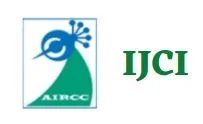
Scope & Topics Call for Participation Program Schedule
Program Schedule
2nd International Conference on Managing Value, Supply Chains and Public Sector Information Technology (MVSCIT 2024) provides a platform to disseminate new ideas and new research, advance theories, and propagate best practices in the management of value, supply chain managementand Public Sector Information Technology, looking across both product and service-based businesses.








